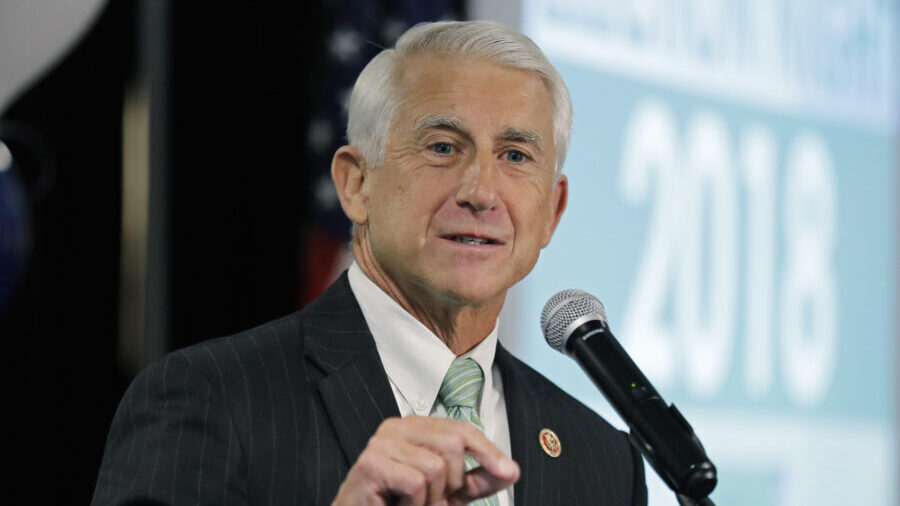Expert: Seattle homeless response has been too little, too late
Oct 18, 2017, 7:19 AM | Updated: 7:48 am

A tent underneath I-5 in Seattle. (AP)
(AP)
Barbara Poppe says the city is “underway” to transforming its approach to solving the Seattle homeless crisis. That transformation, however, is too little, too late.
“It’s just that the scale and the pace need to be greater in order to have the kind of impacts you all are looking to see in your community,” Poppe told Seattle’s Morning News.
RELATED: Homeless report includes many lessons learned
That sluggish speed means that the Seattle homeless crisis has only grown worse since Poppe was hired by the city to assess its approach to the problem. As an expert on city responses to homeless issues, she produced recommendations to help solve the crisis in 2016. Using data from 2014-15, she said in 2016 that Seattle had the resources to house the homeless then if it implemented the recommendations.
But Seattle was slow to act, which echoes what Poppe warned about in 2016 when she told the city “you’re much more inclined toward discussion and planning and process that goes on and on and on.”
That discussion and planning went “on and on” as Seattle’s contributing factors worsened. While Seattle may have once had the resources to tackle the problem, it may need more after waiting so long to act.
“All of those things mean that the problems of homelessness have grown in the meantime,” Poppe said. “So it could, in fact, be that you need additional resources to address the problem because it continues to grow every day. You also continue to be a community where the rents are increasing and are out of reach of so many people. Just to implement the recommendations, when the rent is so much higher at the end of 2017 than it was two years ago, it will definitely take additional resources.”
Two council members have proposed a new tax on the city’s largest employers to come up with $24 million more to put toward homeless programs. Meanwhile, Councilmember Kshama Sawant aims to stop sweeps of homeless encampments and add portable toilets to unsanctioned ones.
Progress solving the Seattle homeless crisis
Seattle hasn’t completely failed to address the homeless crisis. Poppe speaks very highly of the Human Services Department and its director, Catherine Lester, for transforming its systems to be more results-based. Before, the city would award grants with no emphasis on goal-setting, or based on long-standing relationships with nonprofit providers. The city has moved to competitively bid for grants, using a results-driven approach.
The city has also opened its Navigation Center and Compass Center which provide 24-hour shelter. So some progress has been made based on her recommendations.
RELATED: Signs Seattle is moving forward on homeless plan
“All of the processes seem to take so long because multiple committees have to weigh in; we want to get to a consensus,” Poppe said. “Those things really act against the speed of the transformation.”
Part of the slow pace could also relate to what Poppe previously called “culture block;” there is little accountability around Seattle.
“I understand there are members of the city council and members of the public who are trying to maintain the status quo, non-competitive results basis for funding,” she said.
“I guess the question is whether your members of the city council could be, themselves, held accountable to awarding funds that are focused on results instead of long-standing relationships with the nonprofit sector,” Poppe said.
Among other work to do, Poppe said, is strengthening the collaboration between the city, nonprofits, the business sector, the faith-based sector, and the county.













